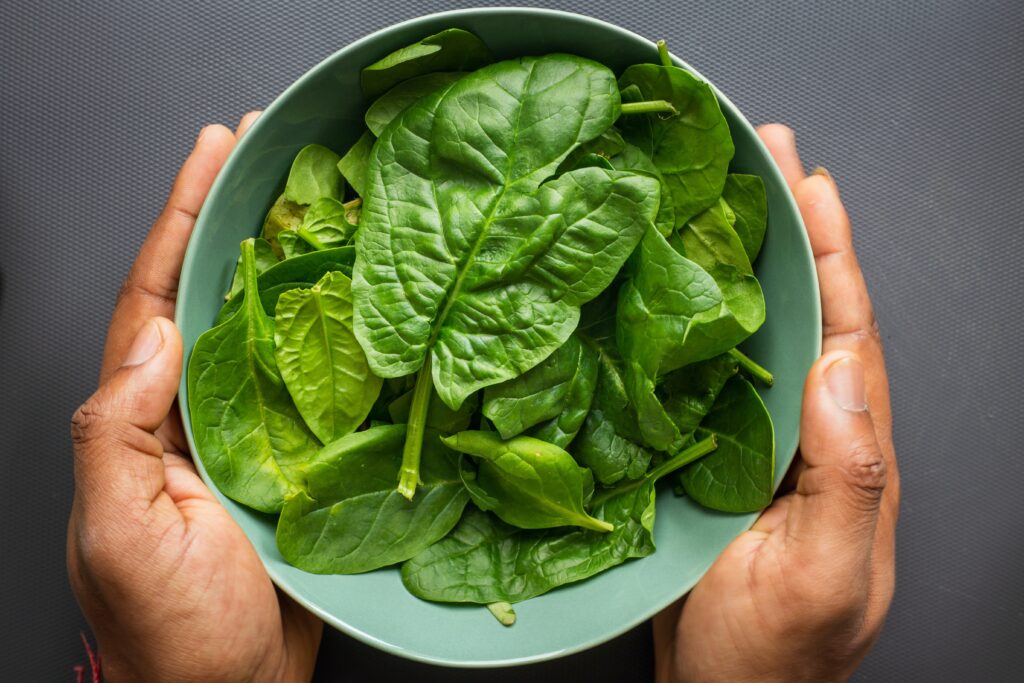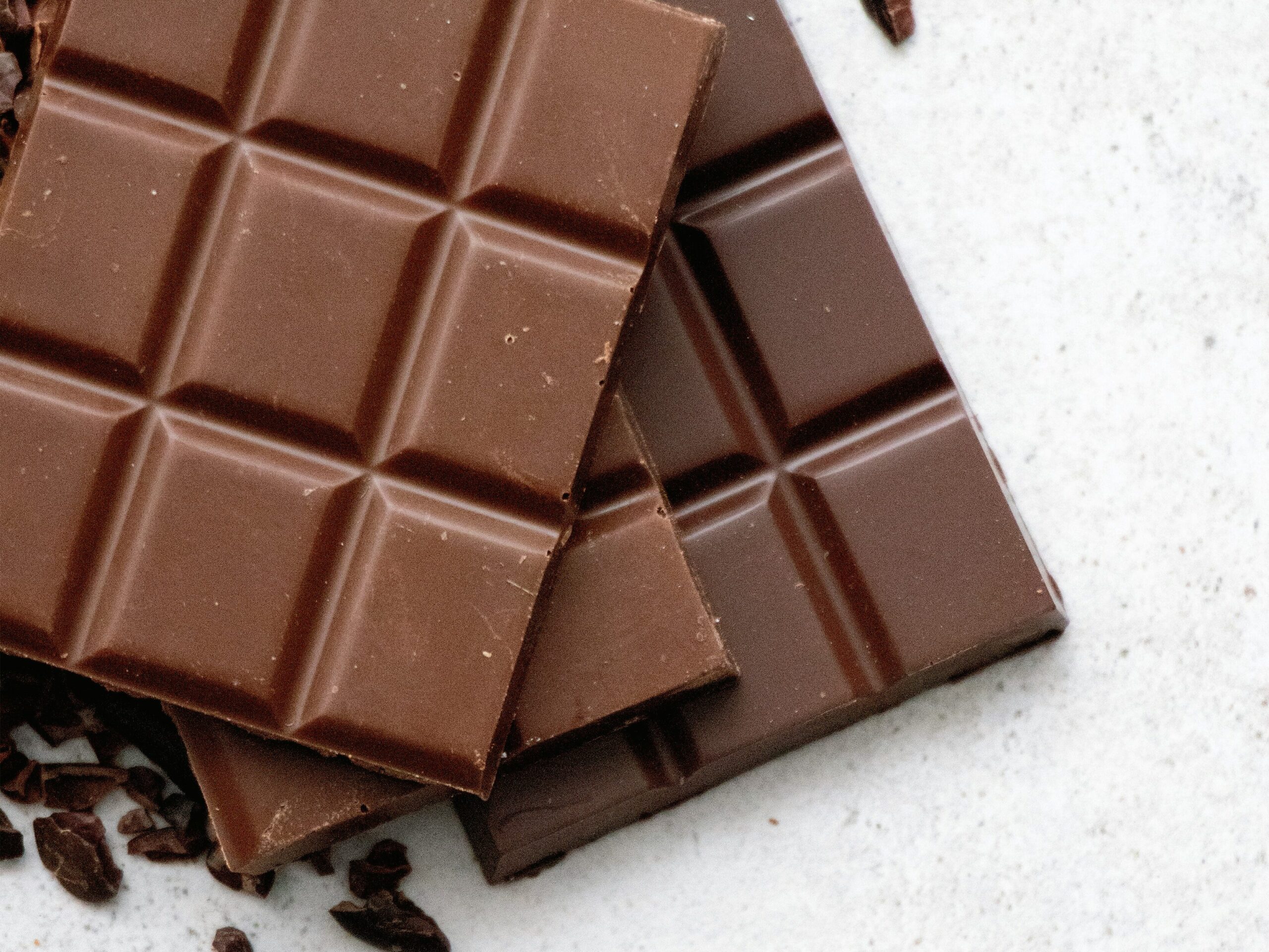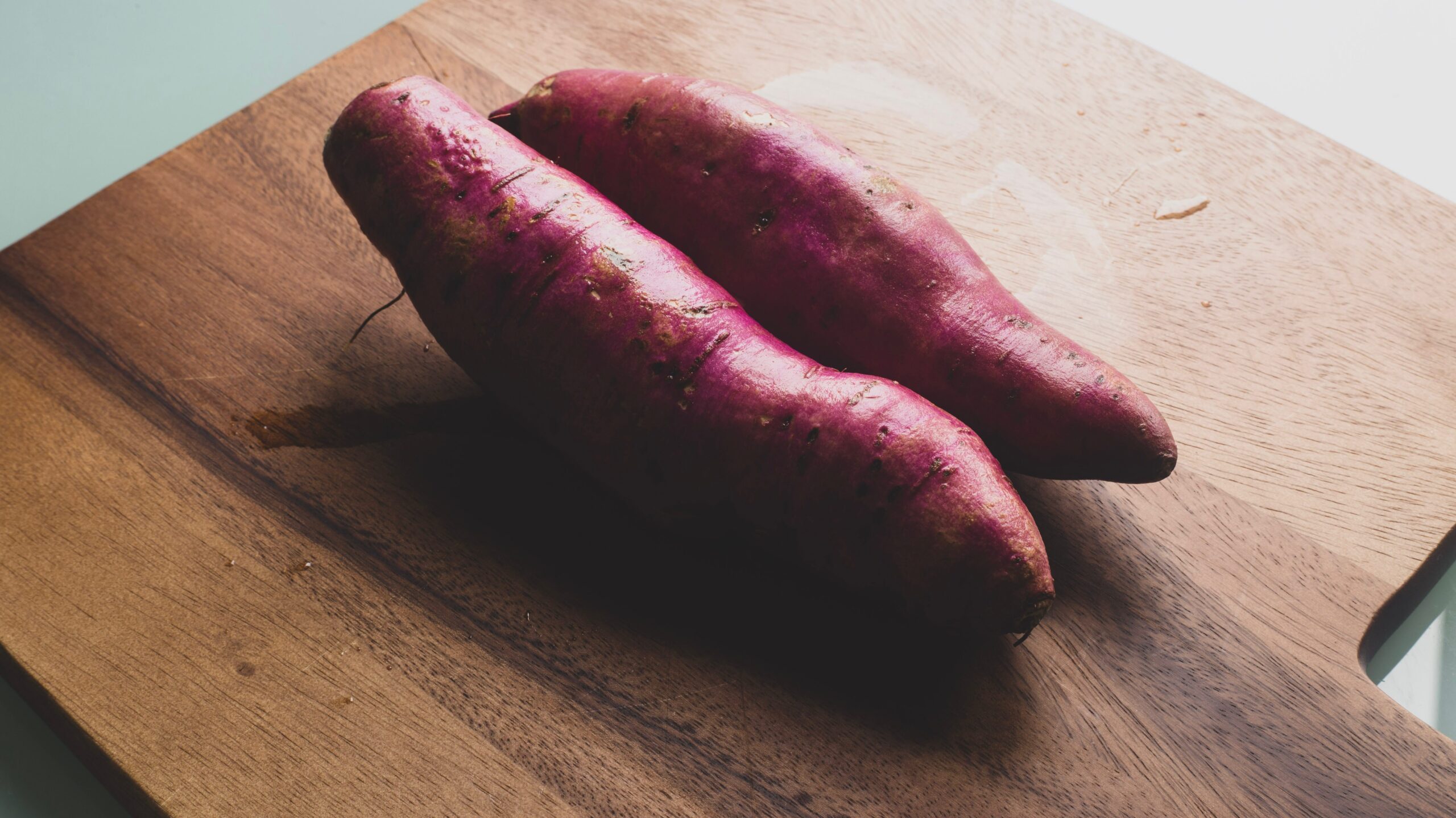Kidney stones, composed of crystals such as calcium oxalate, can be a painful and recurring condition. Diet plays a crucial role in managing kidney stones, and understanding foods high in oxalates is essential. In this comprehensive guide, we will explore the relationship between oxalates and kidney stones, examine 20 foods high in oxalates that should be limited, and discuss strategies for a balanced diet that minimizes the risk of kidney stone formation. Mohit Tandon from Chicago suggested 20 foods which is high in oxalates to limit if you have a kidney stones.
Part 1: Understanding Oxalates and Kidney Stones
1.1 What Are Oxalates?
Oxalates are compounds naturally found in many plant-based foods. They can bind with calcium in the body to form crystals, contributing to the development of kidney stones. While not all oxalates lead to stones, understanding their presence in food is crucial for those prone to kidney stone formation. – Mohit Tandon Chicago
1.2 The Role of Diet in Kidney Stone Formation
Dietary choices significantly influence the risk of kidney stone formation. High oxalate intake, coupled with inadequate fluid intake, can contribute to the crystallization of oxalates in the kidneys. Managing dietary oxalates is a key component of preventing kidney stones.
1.3 Types of Kidney Stones
- Calcium Oxalate Stones: The most common type of kidney stones.
- Calcium Phosphate Stones: Form in a more alkaline environment.
- Uric Acid Stones: Linked to high purine intake.
- Struvite Stones: Typically associated with urinary tract infections.
Part 2: Foods High in Oxalates to Limit
2.1 Leafy Greens
- Spinach: A nutrient powerhouse but high in oxalates. Consider moderation or alternative greens.
- Kale: Another leafy green that should be consumed in moderation by individuals prone to kidney stones.

2.2 Nuts and Seeds
- Almonds: While nutritious, almonds contain high oxalate levels. Consider limiting intake, especially for those at risk. – Mohit Tandon Chicago
- Peanuts: A popular snack, but peanuts are also high in oxalates. Explore lower oxalate alternatives.

2.3 Beets
- Beetroot: Contains moderate to high oxalate levels. Use caution and consider moderation in consumption.
2.4 Chocolate
- Cocoa: Found in chocolate, cocoa is high in oxalates. Limit chocolate intake, especially for those with a history of kidney stones.

2.5 Berries
- Raspberries: Delicious but relatively high in oxalates. Consume in moderation, and consider diversifying your berry choices.
2.6 Potatoes
- Sweet Potatoes: Despite their nutritional value, sweet potatoes contain oxalates. Boiling may reduce oxalate levels. – Mohit Tandon Chicago

2.7 Rhubarb
- Rhubarb: Extremely high in oxalates. Avoid or limit rhubarb consumption, particularly for individuals prone to kidney stones.
2.8 Tea
- Black Tea: Contains oxalates, but the impact may vary. Consider moderation and consult with a healthcare professional if necessary.
2.9 Grains
- Quinoa: A nutritious grain but high in oxalates. Explore other grains as alternatives.
2.10 Fruits
- Figs: While rich in fiber and nutrients, figs are high in oxalates. Consume in moderation.
2.11 Soy Products
- Soybeans: A common ingredient in many vegetarian products, soybeans have high oxalate levels. Be mindful of intake.
2.12 Okra
- Okra: A vegetable with moderate oxalate content. Enjoy in moderation, especially for those prone to kidney stones. – Mohit Tandon Chicago
2.13 Chocolate
- Dark Chocolate: Especially, it contains higher oxalate levels than milk chocolate. Consider limiting intake, especially for individuals with a history of kidney stones.
2.14 Beans
- Black Beans: While a good source of protein, black beans also contain oxalates. Manage intake for kidney stone prevention.
2.15 Celery
- Celery: Contains moderate levels of oxalates. While a healthy snack, consume in moderation.
2.16 Tomatoes
- Tomatoes: Both raw and cooked tomatoes contain oxalates. Control intake, particularly for those at risk of kidney stones.
2.17 Cinnamon and Spices
- Cinnamon: A flavorful spice but with moderate oxalate content. Use in moderation.
2.18 Carrots
- Carrots: While a popular vegetable, carrots contain oxalates. Include them in a balanced diet but be mindful of portion sizes. – Mohit Tandon Chicago
2.19 Oranges and Citrus
- Oranges: Citrus fruits are moderate in oxalates. Enjoy them in moderation and as part of a varied diet.
2.20 Dairy
- Cheese: Some types of cheese, such as Swiss and cheddar, have moderate oxalate levels. Consume in moderation as part of a balanced diet.
Part 3: Strategies for a Balanced Diet and Kidney Stone Prevention
3.1 Hydration
- Adequate fluid intake is crucial for preventing kidney stones. Aim to drink plenty of water throughout the day to dilute oxalates and other stone-forming substances.
3.2 Calcium Intake
- Include calcium-rich foods in your diet, but consider spreading calcium intake throughout the day to reduce the risk of oxalate binding in the digestive tract.
3.3 Cooking Techniques
- Boiling, steaming, and blanching can reduce oxalate levels in certain foods. Experiment with different cooking methods to find what works best for you.
3.4 Portion Control
- Moderation is key. While limiting high-oxalate foods, it’s also crucial not to miss out on essential nutrients. Balance is key to a healthy diet.
3.5 Diversify Your Diet
- Opt for a diverse range of foods to ensure you get a variety of nutrients without relying heavily on high-oxalate options.
3.6 Consult with a Healthcare Professional
- Individuals with a history of kidney stones or specific health conditions should consult with a healthcare professional or a registered dietitian for personalized dietary advice.
Conclusion: Navigating a Low-Oxalate Diet
In conclusion, managing kidney stones through dietary choices involves understanding foods high in oxalates and adopting a balanced approach. While limiting high-oxalate foods is important, it’s equally crucial to maintain a varied and nutrient-rich diet. By incorporating strategies such as hydration, calcium intake, and portion control, individuals can navigate a low-oxal
